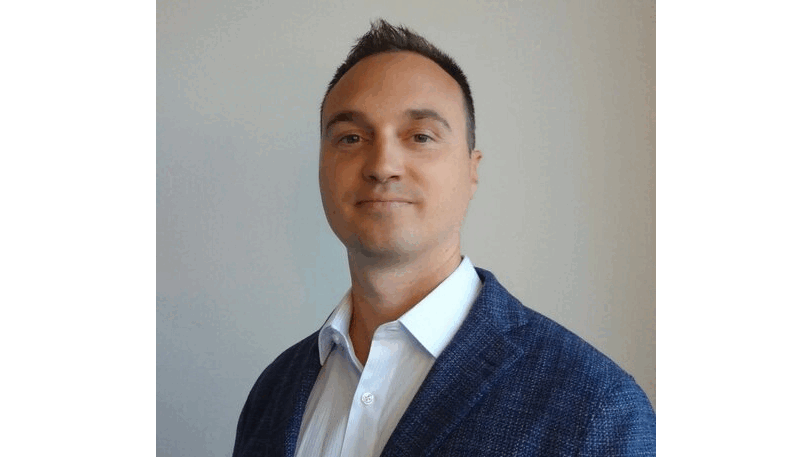Nevins is co-publisher of The Fulcrum and co-founder and board chairman of the Bridge Alliance Education Fund.
A lawyer by trade, Caleb Christen has served in the U.S. Navy Judge Advocate General’s Corps since 2007, including two deployments to the Middle East. He is now a senior officer in the Navy Reserve. Attending seminary and an executive education program in organizational leadership helped Christen identify that communities are not thriving as they were intended and that people must work together to transform American democracy and civic health.
As a result, Christen co-founded the Inter-Movement Impact Project to promote organizing for collective impact. His new focus is on “Better Together America,” a collaborative network providing support to the local democracy hubs that are emerging in communities across the United States.
Christen holds a law degree from the University of Wisconsin Law School, a master of arts degree in Christian practice from Duke Divinity School, a post-graduate diploma in organizational leadership from Oxford University’s Said Business School and both a graduate certificate in international politics and practice and a bachelor’s degree in political science from the University of Wisconsin-Madison.
Kristina Becvar, co-publisher of The Fulcrum and executive director of the Bridge Alliance, had the opportunity to interview Christen a few weeks ago for the CityBiz “Meet the Change Leaders” series. Watch to learn the full extent of his democracy reform work:
- YouTubewww.youtube.com




















Trump & Hegseth gave Mark Kelly a huge 2028 gift